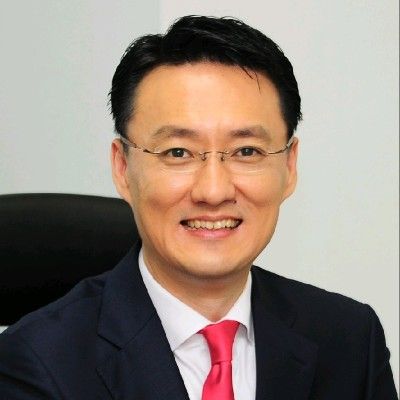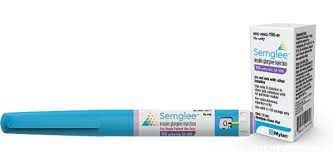We at Samsung Bioepis believe a class of interchangeability products may cause misunderstanding and misinterpretation of the scientific rigor that goes into the biosimilar approvals process.
- Bone Health
- Immunology
- Hematology
- Respiratory
- Dermatology
- Diabetes
- Gastroenterology
- Neurology
- Oncology
- Ophthalmology
- Rare Disease
- Rheumatology
Samsung Bioepis Executive Reflects on Interchangeable Designation
A second class of biosimilars that are considered "interchangeable" could set biosimilars back in terms of acceptance, according to Albert Kim, MBA.
The FDA’s interchangeability designation for biosimilars was intended to improve uptake and acceptance of these agents, but so far it has created misperception and confusion, according to Albert Kim, MBA, vice president of the Commercial Division at Samsung Bioepis, of Incheon, Republic of Korea.
“The intention was to put biosimilars at parity to biological originators,” but in effect, the interchangeability designation has created 2 classes of drugs and may ultimately damage the hard-won acceptance that biosimilars have achieved, Kim said in a recent interview.
Samsung Bioepis is the biopharmaceutical arm of Samsung Group and has 5 biosimilars approved and launched in various global markets: etanercept, infliximab, trastuzumab, bevacizumab, and adalimumab biosimilars. The company also has biosimilar candidates in development for ustekinumab (Stelara), denosumab (Prolia), and eculizumab (Soliris).
The United States vs the European Union
There are no interchangeables approved by the FDA so far; however, Viatris and Boehringer Ingelheim are hopeful that their applications for interchangeable status for insulin glargine (Semglee) and adalimumab (Cyltezo) biosimilars, respectively, will be approved this year. Interchangeable status is distinctly a United States appellation. There are no interchangeable designations for biosimilars in the European Union, where the European Commission approves biosimilars and member states and countries make their own decisions about pharmacy counter substitution.
Biosimilars are approved by the FDA as equally safe and efficacious with no clinically meaningful differences to the originator products they reference. Years of positive clinical experience with biosimilars have justified these approvals. However, the pending arrival of a class of interchangeables—biosimilars that pharmacists can dispense in place of reference products without physician authorization—threatens to give the impression that these agents are somehow superior to standard biosimilars, Kim said.
“We at Samsung Bioepis believe a class of interchangeability products may cause misunderstanding and misinterpretation of the scientific rigor that goes into the biosimilar approvals process,” he said.
Biosimilar candidates undergo multiple levels of testing to gain regulatory approval, ranging from analytical testing for structure and function to human trials to compare safety and efficacy of the product candidates with originator agents. Interchangeables must undergo additional clinical trials to verify that multiple switches from originator to biosimilar and back again will result in no safety or efficacy variations.
Biosimilars Have Proved Themselves
At Samsung Bioepis, the consensus is that the evidence requirements for biosimilars alone are already sufficient to qualify these products for interchangeable status.
“Biosimilars have been around now for more than a decade around the world, and there has been no evidence of altered pharmacokinetics data, or heightened immunogenicity response, or increased safety risk, or improved or diminished efficacy in patients who switch back and forth from reference drugs to biosimilars or between biosimilar drugs,” Kim said.
He noted that the company is not seeking interchangeable status for its biosimilars at this time.
“We hold the position that the interchangeability designation is not necessary to drive the adoption of biosimilars in order to lessen the health care burden in the United States," he said.
Although Samsung Bioepis is looking askance at the interchangeability designation, Viatris expects it to give the company’s insulin glargine and insulin aspart products a marketing edge. Viatris anticipates FDA approval of an insulin glargine (Semglee) as an interchangeable by July 2021. The product was approved last year, but not as a biosimilar, as the product application did not go through the biosimilar regulatory approval pathway at the FDA.
“We see this as an opportunity to sort of relaunch this product,” Rajiv Malik, president of Viatris, said in an investor call accompanying the company’s first quarter 2021 earnings report. “Once we have interchangeability, it’s our opportunity to basically relook at the challenges we have faced so far in picking up market share.”
Newsletter
Where clinical, regulatory, and economic perspectives converge—sign up for Center for Biosimilars® emails to get expert insights on emerging treatment paradigms, biosimilar policy, and real-world outcomes that shape patient care.


